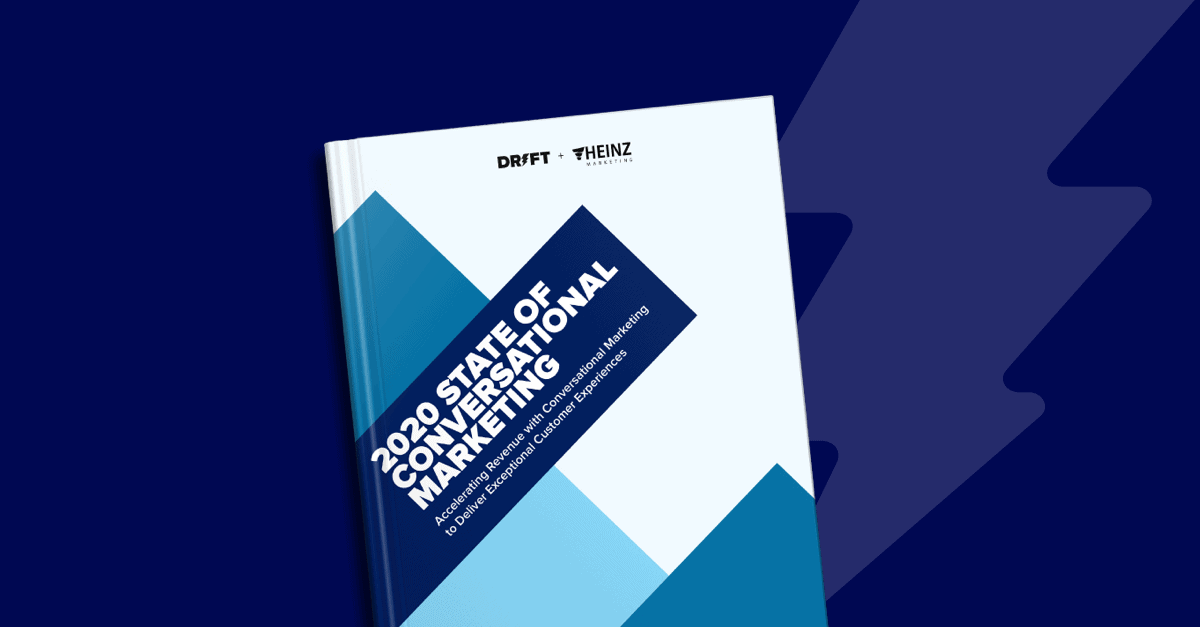Editor’s Note: This article originally appeared on the Accenture blog here.
When we talk to leaders of high-tech sales organizations today, we hear a recurring theme: They are being asked to do more with less.
The “more” generally means:
- Expanding within high-value segments. Sales organizations are focusing investments to shift customers to new consumption-based revenue models and to grow the durable spend of high-value accounts.
- Selling more, into more customers. While many sales organizations and partners are focused on upmarket expansion, there is also strong interest in capturing down-market value as the revolving door of the SMB market expands the potential customer set.
- Engaging when customers decide they’re ready. High-tech customers, like many in other B2B environments, have already done much of their research by the time they engage with a provider—at which point they want informed sales support at the ready. Having the right channels to support this engagement is key to capturing customer interest and closing deals.
- Being hyper-personalized. Customers have always expected sales organizations to know their business, their history AND their industry in order to understand their needs. But that’s no longer enough. Sales now must also take action on those insights and give customers a frictionless, tailored buying experience—whether through a seller or a virtual agent.
The “less,” of course, typically means doing the above with fewer people and a smaller budget. Sales organizations face an uphill battle in trying to respond to the changing needs and expanding expectations of high-tech customers while feeling the pinch of economic pressure to reduce operating expenses. The most successful sales organizations are meeting these challenges head on by making investments in digitizing, automating and delivering actionable intelligence through their selling motions. This is helping them to make the most of their capacity for AI-powered automation and digital self-service channels and enables sales organization to expand their scope, leverage insights to personalize customer engagement, all while maintaining the cost profile required to compete.
Automate the back office and refocus seller time to optimize account coverage
Sellers in high-tech companies spend 20% or more of their time completing administrative tasks such as navigating internal processes or tracking down approvals. Through targeted use of AI and automation, companies can free up more time for sellers to focus on revenue-generating activities and managers to spend on coaching and deal support.
As high-tech companies aim to serve more customers and provide tailored support to high-priority segments, sales teams need to be focused on where they spend their time; an equal distribution of sales team engagement may result in too much bandwidth being spent on some customers and too little on others. AI and automation allow sellers to target and spend their time where and when it’s most valuable.
Automation’s benefits also extend to back-office sales support teams, which spend a lot of time on high-volume, low-complexity tasks. Deflecting and containing these tasks via AI-powered chat allows support teams to focus on providing differentiated deal support, driving value through custom deals, and increasing margin by securing core reoccurring revenue. Enabling the right mix of self-service and customized support allows a sales organization to optimize around what sales teams need to do secure their base, and then grow.
Create seamless omnichannel customer engagement across deal touchpoints
With today’s high-tech customer halfway through the buying process before they ever directly engage with a seller, sales teams need the right tools to hand off customers from digital channels to a sales representative. This is critical because, although high-tech companies want to increase use of e-commerce, there is necessary customization for high tech sales to reduce complexity and enhance engagement.
AI solutions can be a huge boon to omnichannel engagement, enabling high-tech companies to meet customers where they are and provide seamless transitions throughout the sales process. A big caveat: While solutions such as chat, IVR, and mobile can be powerful, they must be implemented with the end-to-end customer experience in mind to be truly effective.
Sales organizations face an uphill battle in trying to respond to the changing needs and expanding expectations of high-tech customers while feeling the pinch of economic pressure to reduce operating expenses.
Grow sales with hyper-personalized, automated, and agent-assisted conversational experiences
A big challenge for sales organizations is providing their sellers with actionable information about customers, partners and the context for purchases within the rhythm of business. The mechanism to deliver insights to sales is as important as the intelligence it provides – especially given today’s more effort-intensive landscape which is driven by increased down-market offerings and shifts to consumption models.
Through AI-powered seller assistance, recommendations, and expanded channels for customer engagement, sales can do more: Teams can cover and address more customers, focus on the priority accounts and enable customers to engage in a meaningful way. This allows sales teams to expand their reach and drive more customer ‘stickiness’ without investing more in headcount.
With the “do more with less” mandate becoming increasingly prevalent among high-tech sales organizations, it is time to thoughtfully evaluate intelligent automation to drive better customer engagement, while cutting overhead costs.
In the next three installments of this blog series, we will explore more about how AI-powered customer, seller, and partner experiences can benefit today’s high-tech companies.
Disclaimer: This content is provided for general information purposes and is not intended to be used in place of consultation with our professional advisors.
Copyright © 2021 Accenture. All rights reserved. Accenture and its logo are registered trademarks of Accenture






